The Dark Legacy of Carlos Castaneda
If this piece is indeed accurate and not just the work of a disgruntled follower, it raises an interesting question. Does fame and fortune push otherwise sane spiritual folks over the edge, or was he a complete fraud from the beginning? Or was he perhaps a casualty of his own spiritual system?
It is certainly true that "The Teachings of Don Juan" could not reasonably be considered non-fiction. Despite being a graduate student in anthropology, Castaneda gets a number of obvious things wrong that any real anthropologist would have caught. For example, Don Juan is supposed to be a Yaqui Indian who had extensive knowledge of the spiritual applications of peyote when in fact the Yaqui Indians do not use peyote at all in their religious ceremonies. As the article notes, much of this was uncovered in the 1970's.
The books' status as serious anthropology went almost unchallenged for five years. Skepticism increased in 1972 after Joyce Carol Oates, in a letter to the New York Times, expressed bewilderment that a reviewer had accepted Castaneda's books as nonfiction. The next year, Time published a cover story revealing that Castaneda had lied extensively about his past. Over the next decade, several researchers, most prominently Richard de Mille, son of the legendary director, worked tirelessly to demonstrate that Castaneda's work was a hoax.
Since significant portions Castaneda's books seem to have been fraudulent from the start, this does give credence to the idea that he might have always been a phony. Despite this, his books continue to sell. Aleister Crowley comments in Liber DCXXXIII De Thaumaturgia that:
Since it is part of the Magick of every one to cause both Nature and man to conform to the Will, man may lawfully be influenced by the performance of miracles. But true miracles should not be used for this purpose; for it is to profane the nature of the miracle, and to cast pearls before swine; further, man is so built that he will credit false miracles, and regard true miracles as false. {emphasis mine} It is also useful at times for the magician to prove to them that he is an imposter; therefore, he can easily expose his false miracles, whereas this must not be done where they are true; for to deny true miracles is to injure the power to perform them.
I usually consider this an overly cynical point of view, in that I have my doubts that people are automatically willing to accept false miracles over true ones. Still, it cannot be denied even in this day and age that it's the fakers who have the best marketing departments, sell the most books, and recruit the most followers. As a result, they make a lot more money.
Stanley Milgram did a very famous experiment on obedience to authority. He found that in the context of an experiment in which the authority was a scientist, most people would continue taking direction even if they believed that what they were doing was hurting someone else. Clearly, something similar happens with cult leaders. Can you imagine yourself believing this, as reported by a former follower?
She recounts how she soon found herself in bed with Castaneda. He told her he hadn't had sex for 20 years. When Wallace later worried she might have gotten pregnant (they'd used no birth control), Castaneda leapt from the bed, shouting, "Me make you pregnant? Impossible! The nagual's sperm isn't human ... Don't let any of the nagual's sperm out, nena. It will burn away your humanness." He didn't mention the vasectomy he'd had years before.
Needless to say, the article adds that Castaneda was actually having sex with a number of his female followers throughout this period, and as far as I know the special properties of "nagual sperm" are not recounted in any of his works.
I've commented before that I think the problem with some of us genuine occultists is that we think the truth will automatically win out over outright nonsense, whereas those who peddle nonsense understand that since their ideas have no value, the only way to sell them is to weave enough of a tapestry of lies that most people will find them convincing. If we want the truth to be able to compete in the marketplace of ideas, we have to promote it as though it were a bunch of hooey - and then maybe folks will buy it and unwittingly enlighten themselves.
One thing is certain - if magick is defined as the science and art of causing change in conformity with will, Castaneda was certainly a success. He got what he wanted throughout his life - money, sex, adoration, book sales... and the list goes on. His success brings to mind Chapter 27 of Aleister Crowley's Book of Lies:
THE SORCERER
A Sorcerer by the power of his magick had subdued
all things to himself.
Would he travel? He could fly through space more
swiftly than the stars.
Would he eat, drink, and take his pleasure? there
was none that did not instantly obey his bidding.
In the whole system of ten million times ten million
spheres upon the two and twenty million planes he
had his desire.
And with all this he was but himself.
Alas!
I'm not one to buy into the idea that there is anything wrong with using magick for mundane ends, but there also needs to be some focus on spiritual development as well or bad things tend to happen. Castaneda's followers sound like a classic destructive cult, and the article comments that some insiders believe that his closest followers killed themselves shortly after his death. If this is true, a little real enlightenment interspersed with the teachings might have gone a long way and saved some lives.
Maybe in the end what's really dangerous is someone who starts out as a fraud but eventually starts to buy their own bullshit.












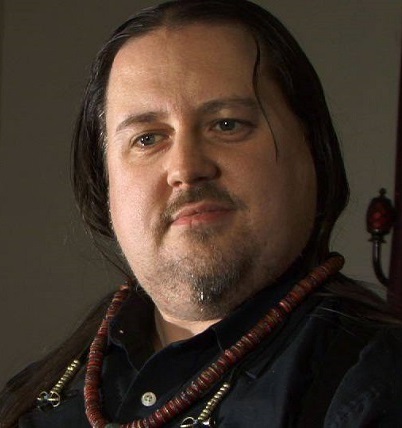

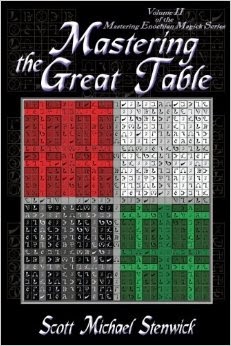

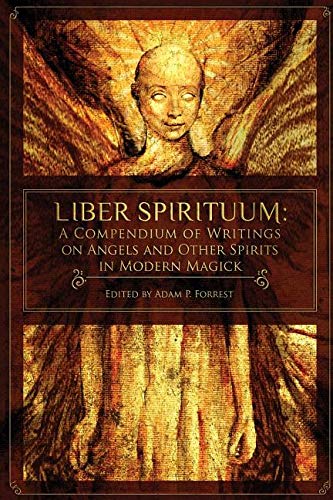
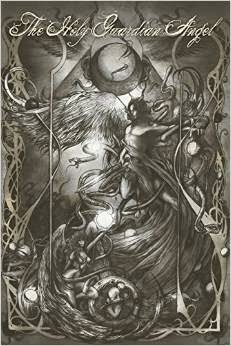

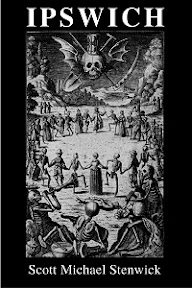
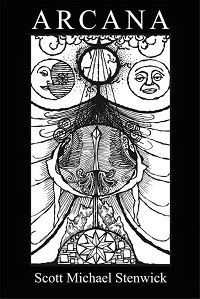

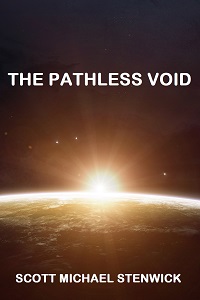

No comments:
Post a Comment